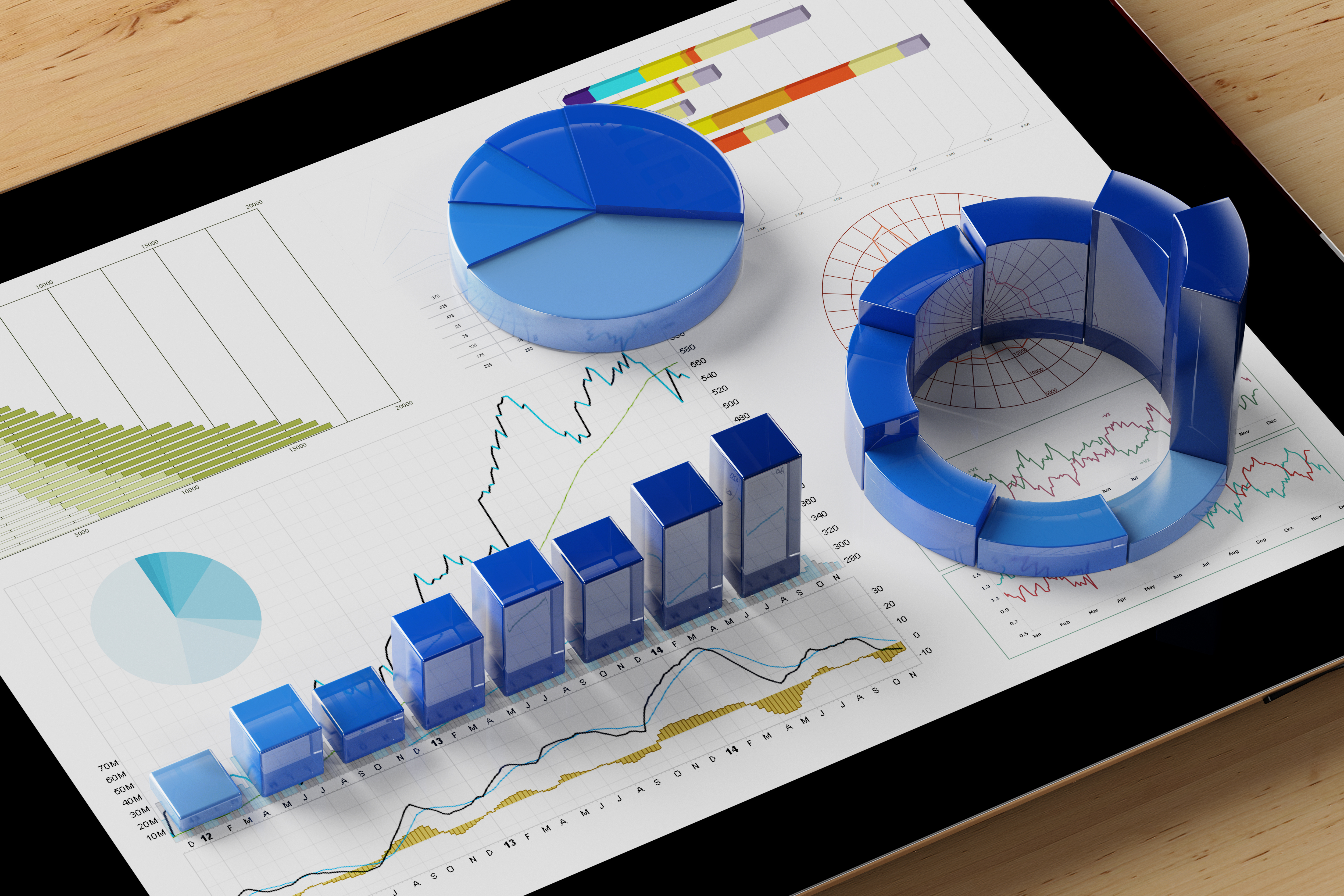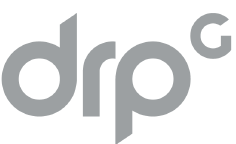Traditional marketing or data-led marketing, which is which and what actually works?
Traditional marketing is described by Hubspot as “any type of marketing that isn’t online. This means print, broadcast, direct mail, phone and outdoor advertising like billboards. From newspapers to radio, this method of marketing helps reach targeted audiences”. So it’s all the good ol’ methods of getting your brand out there – anyone else love a good billboard ad? Just me?
Digital marking on the other hand, is described by TBD Marketing as “a way of using data to be the primary source of our marketing activities”. Not only do we now have the knowledge of SEO to help understand what will make copy successful with an internet target audience, but we also have the power of audience segmentation to further ensure campaigns are hitting home and reaching the intended audience, while also garnering the required response.
Interestingly, if you’re worried about the additional money spent on data-led marketing, a study by McKinsey found that marketers putting data at the centre of their marketing and sales decisions could potentially increase return on investment (ROI) by 15 to 20 per cent. Sounds pretty good, right? Perhaps it should be considered a worthy investment!
Is there one that’s better than the other? This is a pretty tricky argument, because there’s bound to be some who swear by traditional marketing and others that believe digital marketing is the powerhouse here.
Traditional marketing uses guesswork and preconceived notions paired with a whole lot of creativity and trial and error to see what works and what doesn’t. However, it has been successful for many years, both before and after the introduction of data-led marketing – so it shouldn’t be completely disregarded. Especially when 56% of customers find print marketing to be the most trustworthy type of marketing. Sometimes focusing solely on stats can drain the creative side of a campaign. Sure, it lets you really hone-in on your successes, but it doesn’t quite leave as much room for experimentation, which could end up being twice as successful. Risk (occasionally) pays off, especially if the concept and delivery are done right. So, while data-led marketing is certainly the future, we shouldn’t just disregard the successful methods of the past.
On the other hand, using data available to you means you’re hitting the target first time. Interestingly, 70% of consumers want to learn about products through content as opposed to traditional ad methods. Digital marketing looks at the bigger picture, because it can! That’s the beauty of it – all hitting the right mark. A real benefit here is real-time insights and continuous measuring, meaning you can learn instantly about what’s working and what isn’t. This results in more personalised, successful messaging – so easy!
Although… data looks at data, and doesn’t always factor in the human experience. Human emotion and reaction are complex, and you’re never quite sure about how someone will react to what you’re putting out there. While something may have worked in a previous campaign, it might not work a second time. This unpredictability isn’t always something you can prepare for… So, when creating your advertising materials, it’s best to look at the bigger picture and all options available, and choose the method that works best for you, your customers and your campaign. Whichever method you choose, remember to have fun with it – because advertising is certainly something you can have fun with (trust us, we know!).
The proof is in the pudding
To see just how beneficial data-led marketing to be, click here to view our 2025AD case study and for more examples of data-driven strategies in action check out our case study blog HERE.
Do you prefer data-led marketing, or enjoy going old-school with the more traditional methods? Let us know on our socials! In the meantime, check out our latest blog on how to build your own data-driven strategy, or if you’re looking at sprucing up your marketing processes and need a hand, get in touch with our Digital team.











